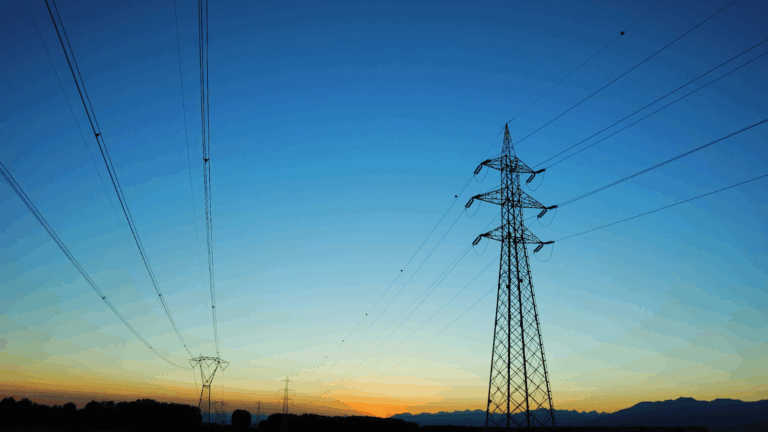It has long been argued that the cost differential between rail and air needs to be reversed if people are to be persuaded to travel more sustainably, so I was intrigued to hear that new rail operator Lumo was positioning itself as a competitor to EasyJet. Its electric-powered London to Edinburgh service, launched just prior to COP26, offers advance fares as low as £20 return, so it was the obvious choice for travel to the climate conference. Our seats cost just £13 each way and we joined a very full service at Kings Cross.
One limitation was immediately obvious – there is no luggage storage apart from overhead racks which were already full when we boarded. On a route that will no doubt attract holidaymakers – not to mention people attending a two-week climate conference – this seems like a design flaw. The staff did their best to make space, although I’m not sure stacking cases in front of exits is entirely safe. Packing light will be a necessity for regular users of this service.
The seats were comfortable, legroom sufficient and the individual light above the tray table seemed to evoke air travel, as did the train manager’s welcome and the entertainment options offered over the train’s wifi. There was every sign that the 4-hour journey would pass quickly, but the weather had other plans. We glided to a halt at Peterborough and after a brief delay were informed that high winds had caused trees to fall onto the power lines and we were being held until the damage had been assessed.
One hour passed. Then two, Frequent announcements were apologetic but unenlightening. Finally the train restarted and eased cautiously forward. We picked up speed, then just before Grantham hit some debris that seemed to clatter along the underside of the train. Inevitably we stopped at Grantham station for a damage assessment. The train appeared to be unscathed so we continued but by this time the delay was so great that our driver would exceed his permitted hours. Our service would have to terminate at Newcastle. Here we were told our tickets would be valid on any operator’s service and the rest of the journey passed without incident.
There is irony in the fact that while electrified trains are preferable to diesel in terms of carbon emissions, the overhead electric cables they rely on are more vulnerable to damage from some of the extreme weather that climate change causes. It has to be said that Lumo’s staff rose to the occasion magnificently, remaining calm, efficient and friendly in the face of a situation they must have found as frustrating as we did. Naturally Lumo’s service was not the only one affected by the weather and they can’t be blamed for the delays and disruptions caused by circumstances beyond their control. Rail travel disruption – although preferably not the form we encountered on the way to COP26 – is long overdue and Lumo is embracing the challenge.
BY TRACEY RAWLING CHURCH




